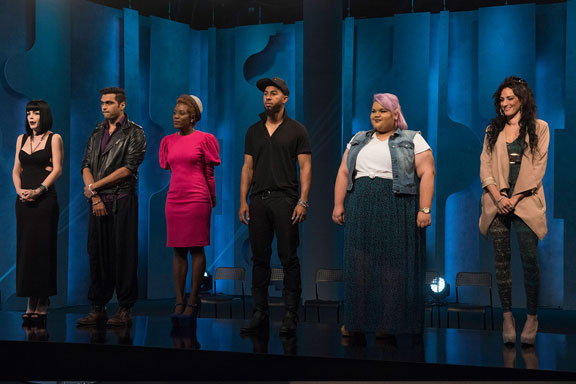

These critiques, at this point in television history, are passé.

Remember, too, we only see a small glimpse of the fashion portfolios these competitors have spent decades curating, and if one hastily compiled look doesn’t happen to fit our taste (or, more importantly, the judges’ taste), then that shot at PR-induced success suddenly, anti-climactically dissipates. It’s easy to forget the contestants are real small-business owners, struggling to get by, when the bulk of an episode focuses on their dramatic meltdowns. The problem is that Project Runway-and, by extension, the greater fashion industry-all too often falls into the trap of its own flash. They want what Christian Siriano achieved after his win: the chance for their brand to blossom into a bona-fide fashion house. They come because they want to make fashion, and they want the prestige and notoriety that Project Runway, supposedly, brings with it. Unlike in many of Bravo’s other projects (most obviously The Real Housewives franchise), most of Project Runway’s contestants don’t join the program so they can become Instagram-famous or celebrity influencers.

#Project runway season 19 episodes tv
Of course, I reserve the right to criticize as both an enthusiast and a reporter, but our ensuing conversation was enlightening for a key reason: It reminded me these designers are not reality TV stars. After I published last week's recap, a Project Runway season 19 contestant-who will remain nameless to protect their privacy-reached out to me, taking issue with a criticism I’d made about one of their designs.


 0 kommentar(er)
0 kommentar(er)
